The Art of Loneliness
A Sunday roundup featuring Philip Seymour Hoffman, Julia Fox, Me and You
No one tells you how lonely sobriety can be, but it’s a killer. It’s an overlooked part of my recovery, but I need to address it daily, or I tend to drift somewhere where it’s never dark, and I long for nothing. Because loneliness, for me, isn’t a lack of people; it’s an overall uneasiness with what life offers me.
So what’s the cure?
Mostly push myself out into the world, especially a place that’s unfamiliar and full of strangers, and that’s why recovery meetings work for so many people: Open your mouth and say what you feel in front of a roomful of strangers and try to make sense of this new, unfamiliar state of conscience-having clarity.
And that’s why I found this essay about Philip Seymour Hoffman so engrossing.
“Not classically handsome but compelling nonetheless because of his innate ability to convey a crushing vulnerability, he would eventually be called, frequently, “the greatest actor of his generation.” I didn’t know then either that one day, years and years later, I would watch a film in that very same theater starring this man, Philip Seymour Hoffman, that would be the saddest movie I have ever seen. How could I know then that a little while later, I would be asked to write an essay about this film, Synecdoche, New York, and that Hoffman would die of an overdose while I was in the middle of drafting the piece. He died even as I was wrapping my head around why his movie had moved me so deeply, about why and how Hoffman had become the Marlon Brando of loneliness.” - “So Fierce Is the World: On Loneliness and Philip Seymour Hoffman” [The Paris Review] (h/t Mary S.)
I grew up an only child, even though I have a sister whom I love dearly, but she's ten years older than me and wasn't around much, even on weekends. So, mostly, it was just me, alone with my crazy head. I was active in all the extracurriculars, but home was a particular type of lonely, broken up by an ongoing conversation with myself. "How are you talking to yourself right now?" The low-level cognition of this voice began to register when I was very young–let's say five–and that's when the spinning began.
My early memories of this interior monologue were mostly dark transmissions of horror and nags. I'd be awake late at night, convinced that the demon with the big eyes in the wood stains on my bedroom closet was responsible for the voice in my head. "Go to sleep," he'd say. And I would not–could not–because how could anyone? I don't think those with siblings close in age have the same nightmares as only children.
Nighttimes were terrible, but vacations were also isolating. I'd play paddle ball by myself on the beach with the voice in my head doing a play-by-play: "A.J. passes to A.J. back to A.J. and shot...score!" My small family took me–not my sister–to Disney World when I was about seven and boy did that suck. That disconnection was stifling; the temporary Disney joy muted because I constantly wanted to get back to somebody somewhere, to sit down with a friend or a cousin to tell them about the tea cup rides and Space Mountain and how Goofy came right over to me. I didn't even have to wave. Goofy just knew I needed a pal.
The highlight of the trip was when my dad couldn't sleep, either, and we went out to Bob's Big Boy for milkshakes way past the bedtime hour. For a brief moment I realized what I knew all along–that gentle human contact could disrupt the demon voice.
So many people close to me over the years, exasperated by my inability to Just. Go. Home. from what was supposed to be one or two drinks after work, would say "You're afraid to be alone!" and that'd cut to the bone. They were right of course, 1000 percent. I just wanted constant companionship and drugs. But I also hated that I couldn’t be alone or hack it on my own island. But I rationalized that I was alone so much when I was younger—A.J. passes to A.J.!–why would I continue to do it if I didn’t have to?
I'm so grateful my children won't have to grow up like this, that they are close in age and have each other to dog-pile throughout these long days (and forever more). I hope their interior voices will be quieter and less noisy, and there will always be another real live person close to them.
And if you need to connect to another celebrity about fame and all its lonely offices, the New Yorker has Julia Fox all ready for you.
“You’ve lost a lot of people you were close to, mostly from drugs. You write about loss very starkly in the memoir. How do you think about those losses in a day-to-day way?
It just feels really unfair. I think, for a long time, I stopped believing that everything was going to get better, that God was real, all those things. Over anything else that’s ever happened to me, this is what shook me to my core, where I feel like I haven’t been the same ever since.
It changed your relationship with drugs—
It changed my relationship with everything. I feel just a profound sense of emptiness, a void in my soul. And I think I always had a void, but this made it way more jarring. And it’s just so unfair—that’s the only way to describe it, because I see all these fucking shitty people who are still living their lives and not contributing anything to the world, and then my beautiful best friends, the funniest people, people who brought so much laughter into the world . . .
That’s another thing: I have a lot less laughter in my life. Before, I’d be laughing all day long. Everything was a joke. Everything was crouched-down, pee-in-your-pants hilarious, and now I probably laugh like that once a year.”
“Julia Fox Didn’t Want to Be Famous But She Knew She Would Be” [New Yorker]
Do you know what has been a safe haven for me when I feel my most lonely and defeated? The Small Bow meetings. And I know I sound biased, but I don’t attend every week; they’re just a wonderful place for a specific type of healing for me. So, if you need a place a little less rigid, program-focused, and more person-focused, here’s the info to check out. It’s not for everyone, but it could be for you.
ZOOM MEETING SCHEDULE
Monday, Wednesday, Friday, Saturday and Sunday.
Monday night: 5:30 PST/8:30 EST
Wednesday: 10 a.m. PST/1 p.m. EST
Friday: 10 a.m. PST/1 p.m. EST
Saturday: Mental Health Focus (Peer support for bipolar/anxiety/depression) 9:30 a.m. PST/12:30 p.m. EST
SUNDAY: (Mental Health and Sobriety Support Group.) 1:00 p.m PST/4 p.m. EST
*****
If you don't feel comfortable calling yourself an "alcoholic," that's fine. If you have issues with sex, food, drugs, codependency, love, loneliness, depression —whatever-whatever–come on in. Newcomers are especially welcome. We’re here.
FORMAT: CROSSTALK, TOPIC MEETING
We're there for an hour, sometimes more. We'd love to have you.
Meeting ID: 874 2568 6609
PASSWORD TO ZOOM: nickfoles
And now, here’s my log this week. I only did one meeting, no therapy, only one BJJ class, but I got by. Sometimes, everything lifts on its own. Went and saw a decent show on Friday night—Goose at The Santa Barbara Bowl, which, if you’re a live music fan and haven’t seen a show there, go do that.
DAILY READINGS THIS WEEK
-------
Readers
* Good Poems for Hard Times by Garrison Keillor
* One Day at a Time in Al-Anon
Daily Journals:
- Notable Fears this week:
* Losing sight of the mission for The Small Bow and becoming too focused on making through it.
–Notable daily Gratitude List:
* Lunch with Cord.
* Another late-night viewing of Bone Tomahawk.
* Afternoon nap during the week while reading a decent book.
* Nesta and Pizza returned home safe and sound.
* Back to regular home group.
* Eagles win on Monday night.
* Phillies make the playoffs.
* Ozzy’s successful playdate.
* Mom’s in town this week for Ivey’s birthday.
FAVORITE POEM:
The Summer-Camp Bus Pulls Away from the Curb
by Sharon Olds
Whatever he needs, he has or doesn't
have by now.
Whatever the world is going to do to him
it has started to do. With a pencil and two
Hardy Boys and a peanut butter sandwich and
grapes he is on his way, there is nothing
more we can do for him. Whatever is
stored in his heart, he can use, now.
Whatever he has laid up in his mind
he can call on. What he does not have
he can lack. The bus gets smaller and smaller, as one
folds a flag at the end of a ceremony,
onto itself, and onto itself, until
only a heavy wedge remains.
Whatever his exuberant soul
can do for him, it is doing right now.
Whatever his arrogance can do
it is doing to him. Everything
that's been done to him, he will now do.
Everything that's been placed in him
will come out, now, the contents of a trunk
unpacked and lined up on a bunk in the underpine light.
MEDITATION PRACTICE: 10 MINUTES PER DAY MINIMUM
NUMBER OF SESSIONS: 9
LONGEST SIT: 11 minutes
THERAPY SESSIONS: NONE
RECOVERY STEP WORK SESSIONS: NONE
OUTREACH CALLS: THREE
MEETINGS: ONE
SERVICE: NONE
EXERCISE:
1x BJJ
TOTAL SOBRIETY RATING FOR THE WEEK: 3/5
IMPROVEMENTS NEEDED: More meetings, better focus
CHECK-IN FOR OCTOBER: HOW IS YOUR RECOVERY HOLDING UP? (LAST CALL!)
Tell us all:
Here’s a good example:
“My family will be away next week. I’ll be alone. I have lots of thoughts of relapsing. I’m struggling to convince myself I’d be losing a lot by losing all of my days—that I’d be losing a lot by lying to my husband.”
Send yours to:ajd@thesmallbow.com
It will be published the first week in October.
We'll donate $25 to the Katal Center each month on behalf of TSB.
New additions to the TSB playlist from John Prine, Luna, and Courtney Barnett. [PLAY ME]
GREAT GIFTS FOR YOU AND YOUR COFFEE!
Plus, scream pillows! T-shirts! All sales help pay Edith for her work and grow The Small Bow!
TSB STORE
“Loneliness is not being alone, but being empty.” — Seneca
This is a TSB Subscribers Only post – It’s a Sunday thing. Thank you for your support and donations to our freelancers.
ALL ILLUSTRATIONS BY EDITH ZIMMERMAN


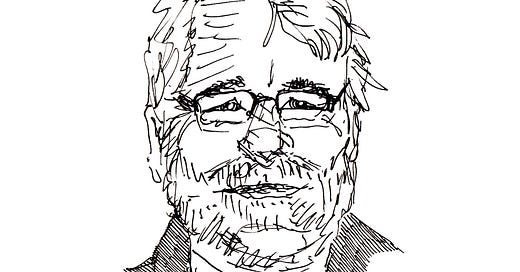

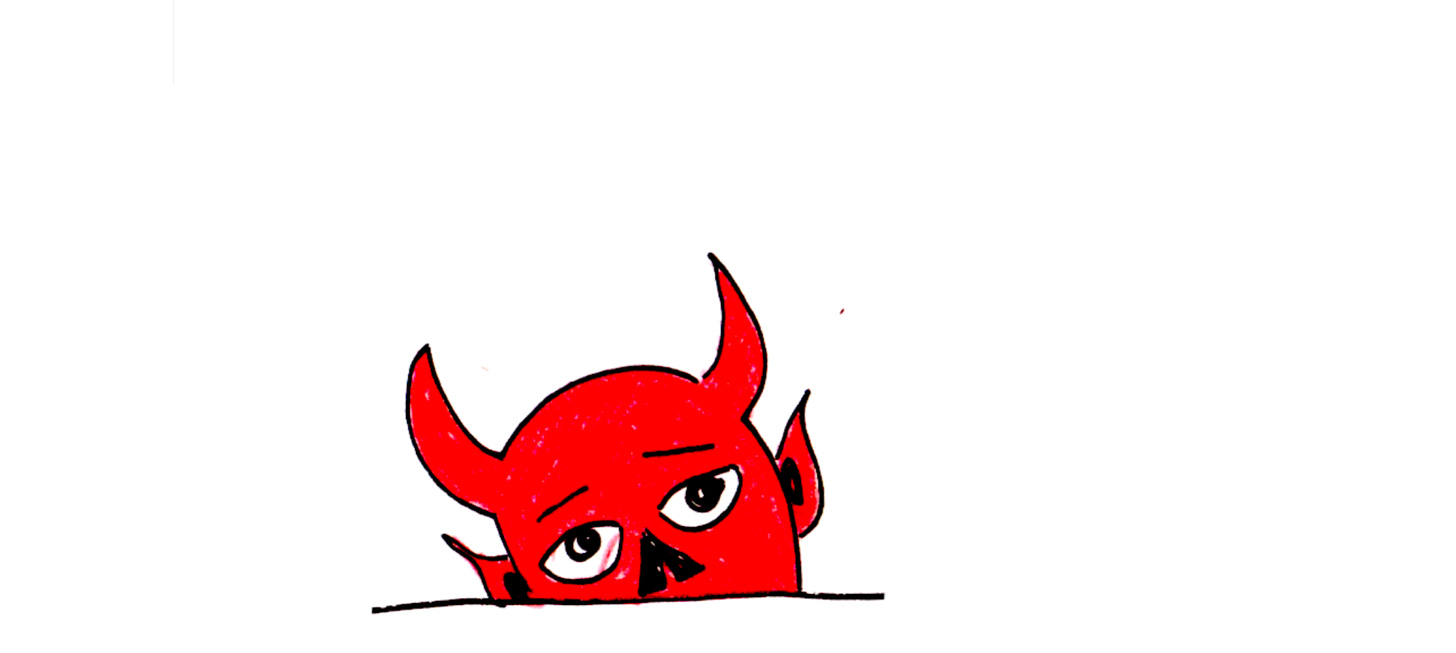

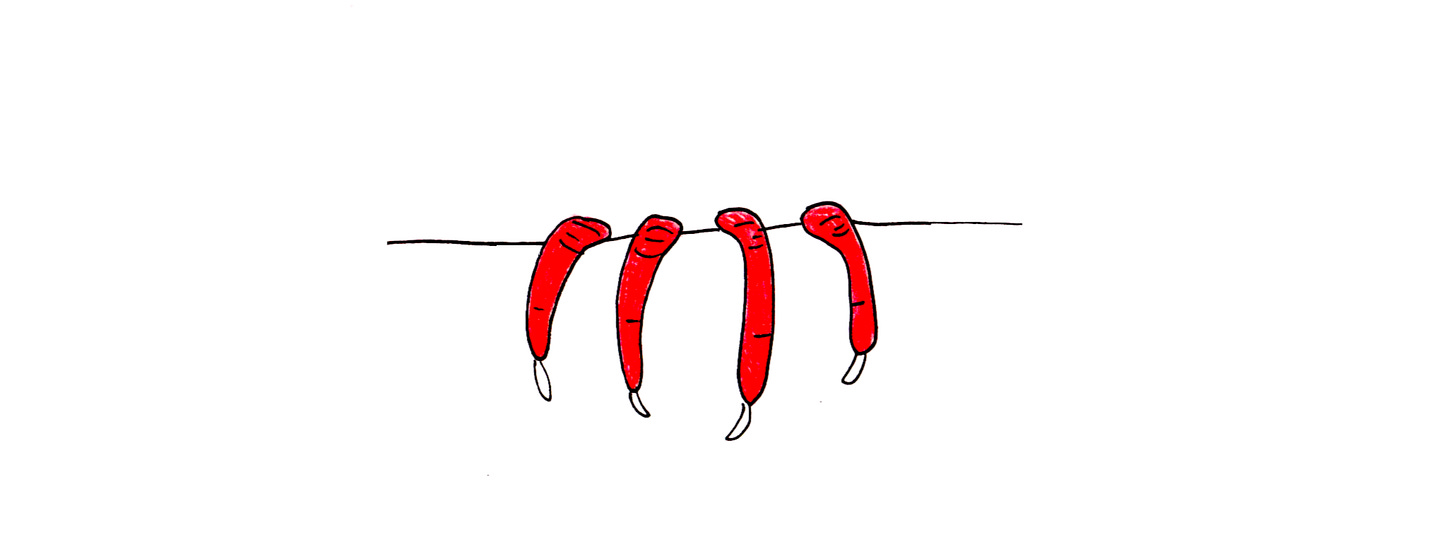
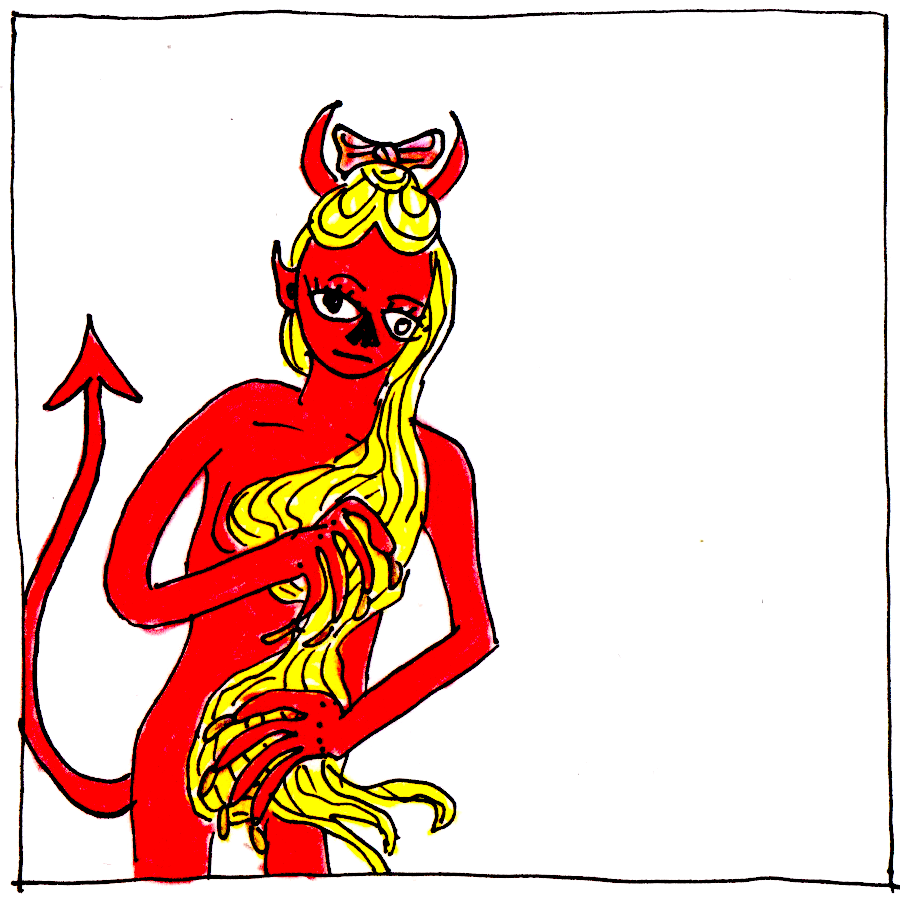
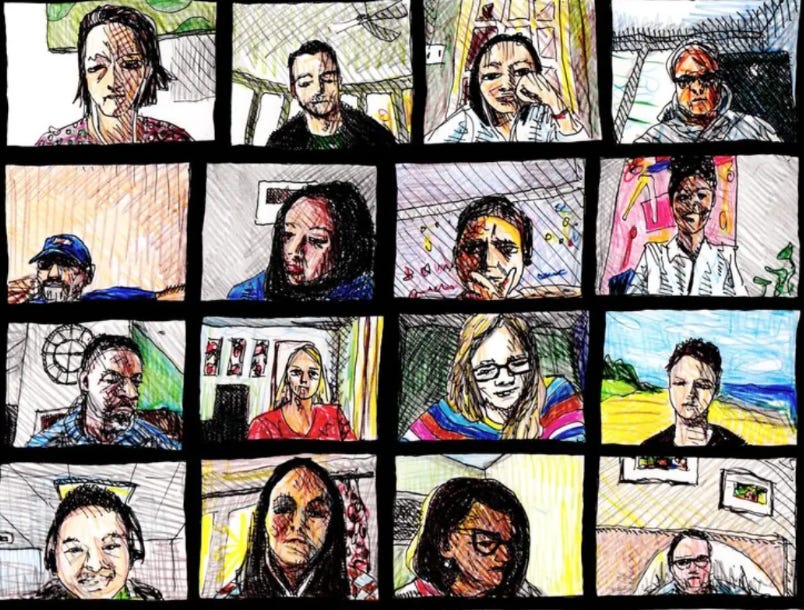

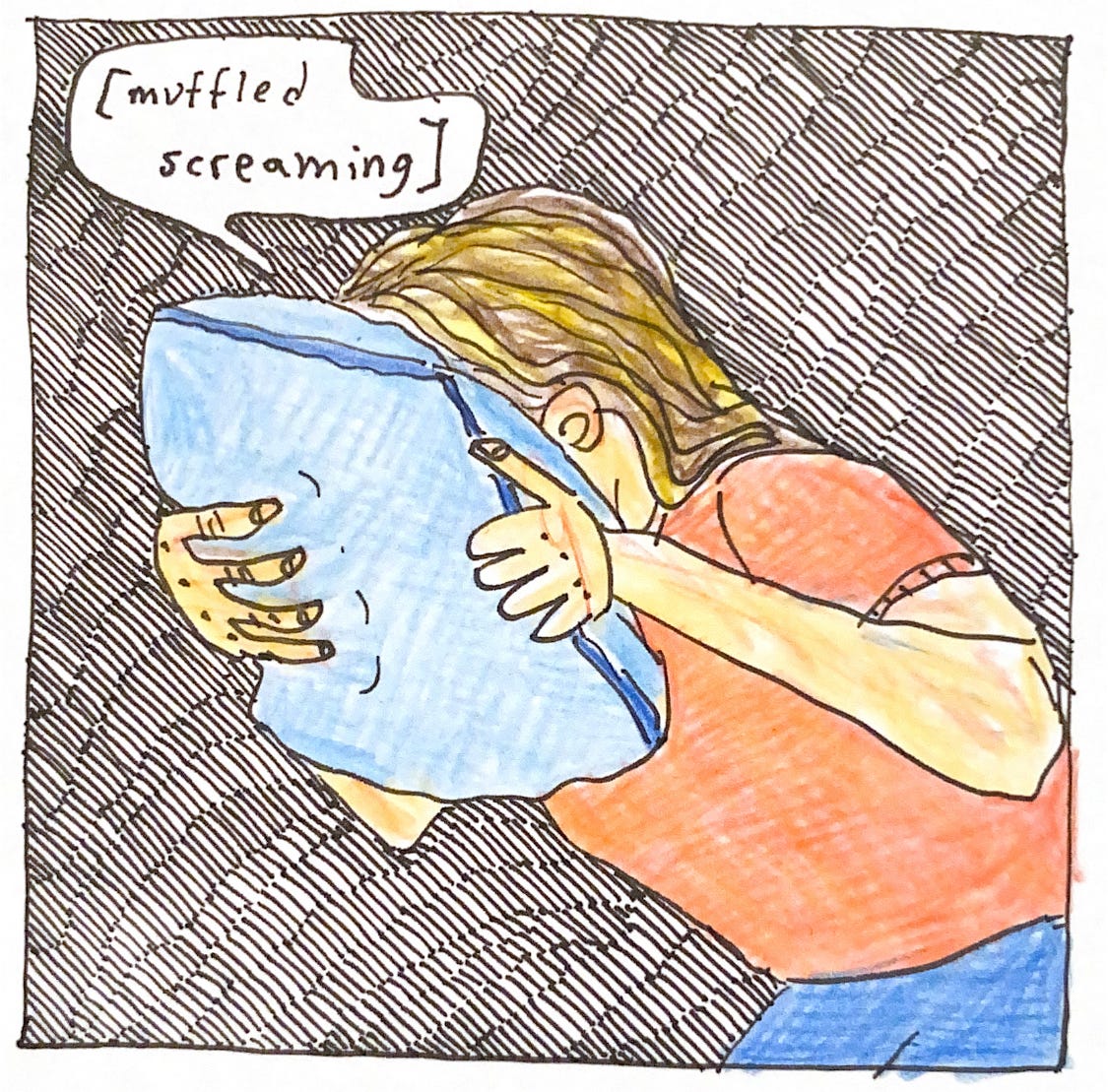
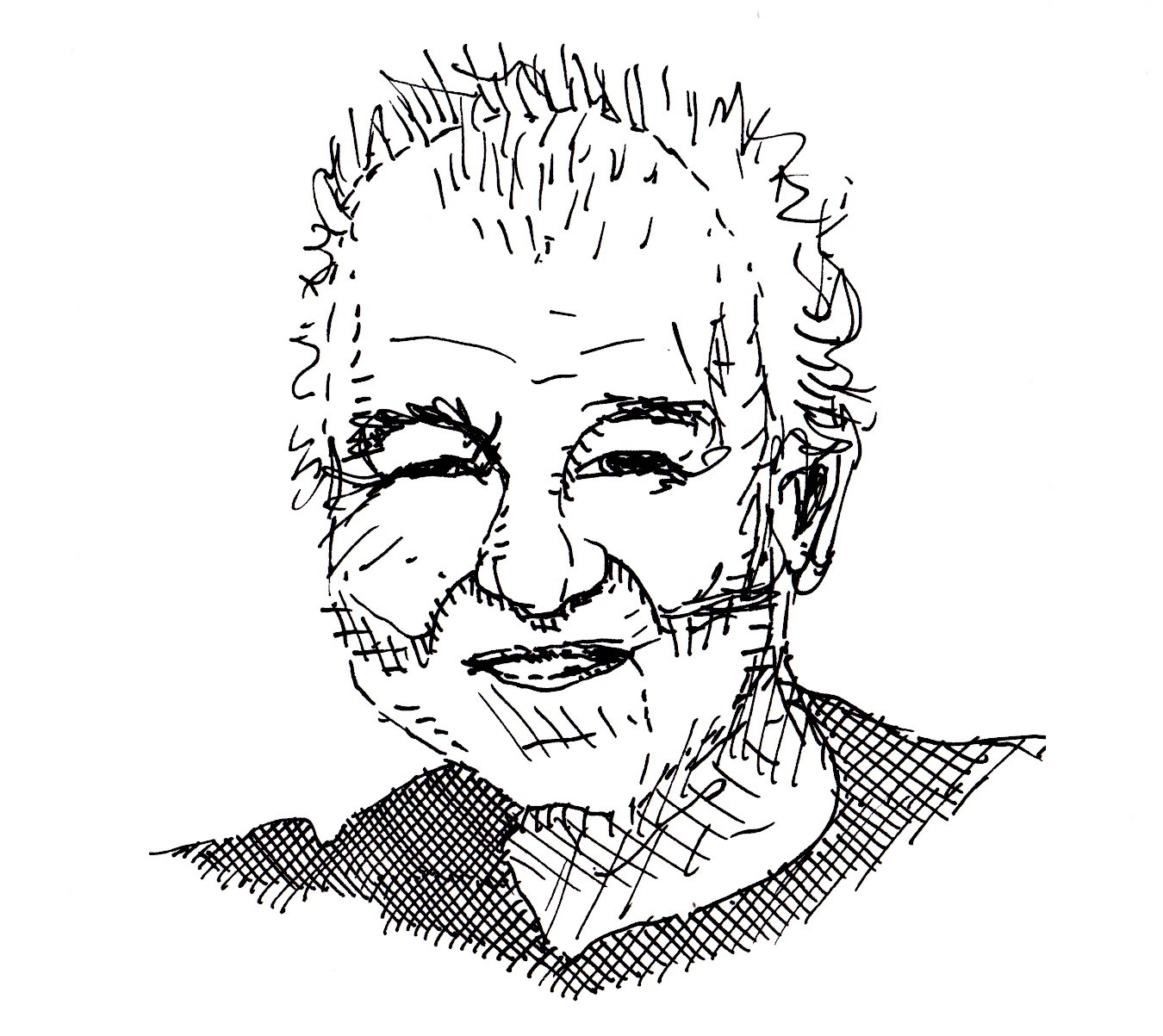
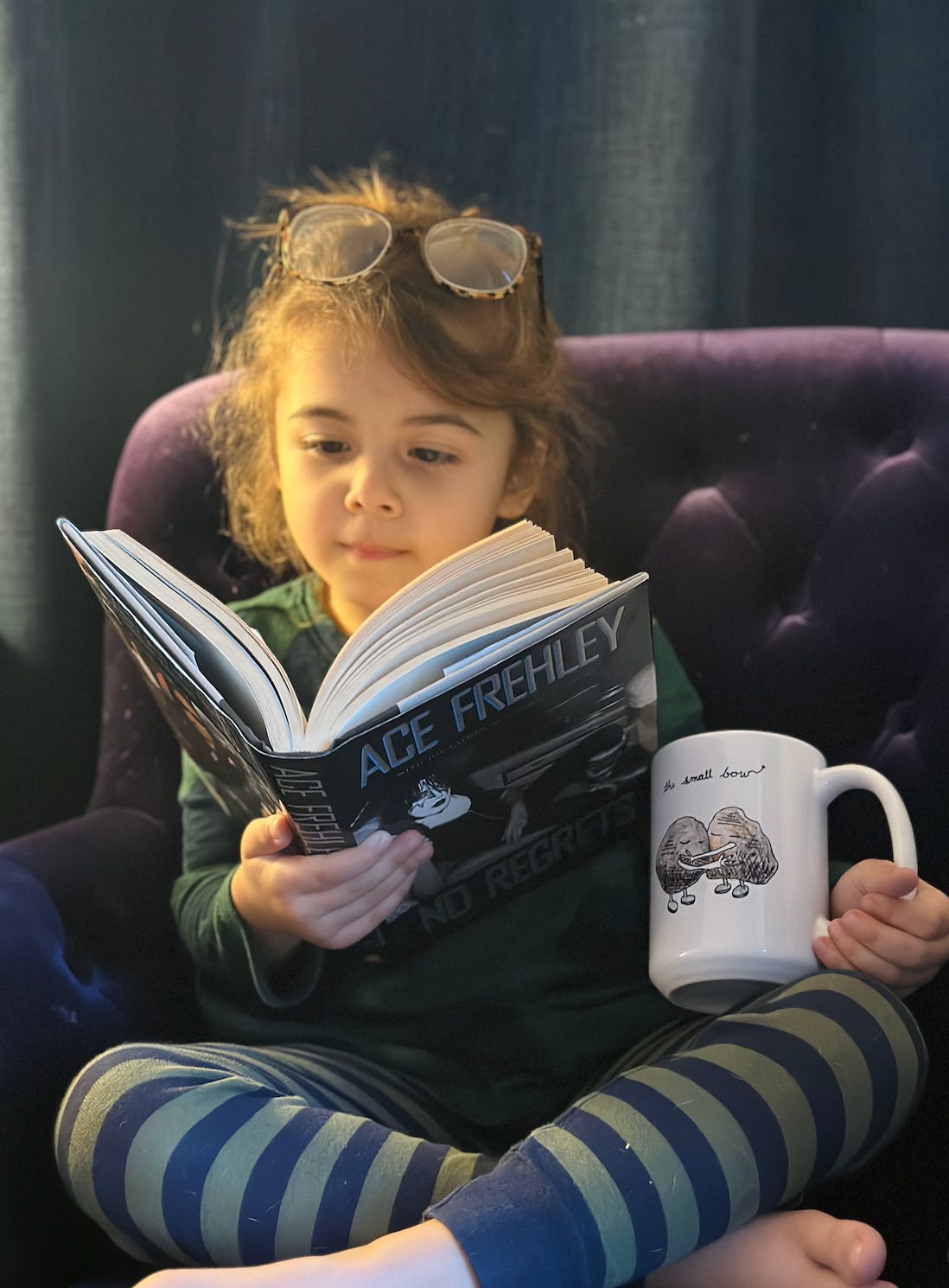

This was beautiful and loneliness is something I’ve been considering a lot lately as well. Thank you as always for sharing